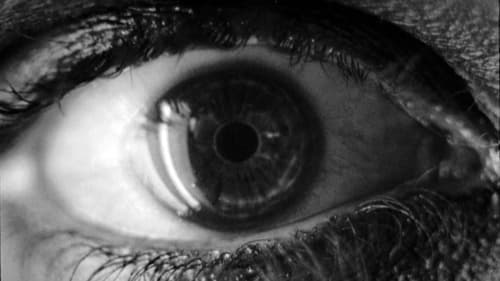Fernando Martín Peña
Рождение : 1968-11-12, Buenos Aires, Argentina
История
Fernando Martín Peña is an Argentine teacher, film critic, researcher and collector. He has published several books on film topics since 1991. Since December 2006, he has been conducting "Filmoteca, temas de cine" at midnight on Argentine Public TV. As a researcher, Peña has been responsible for the recovery of several films that were deemed lost or incomplete, such as an unknown 16mm copy of the Fritz Lang classic film Metropolis.




